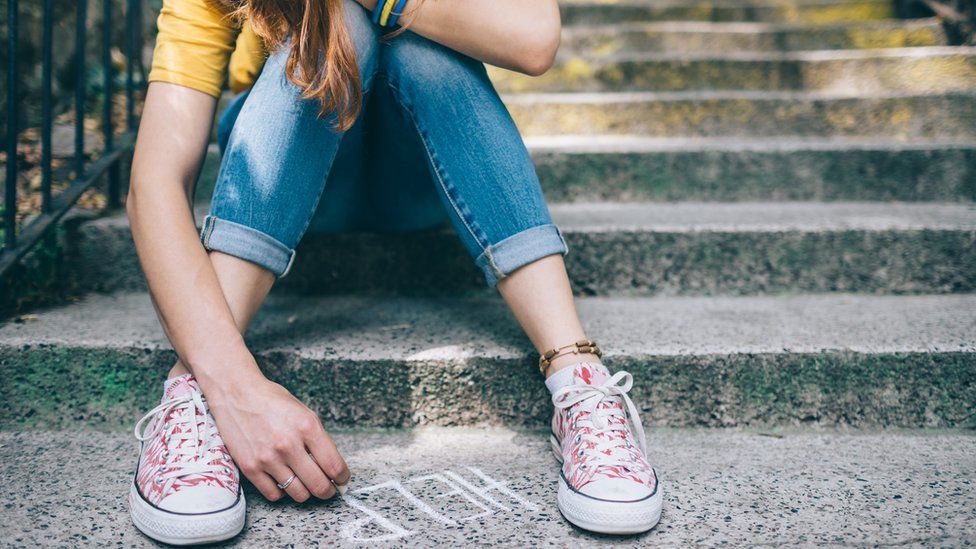ARTICLE AD BOX
 Image source, Getty Images
Image source, Getty Images
One in four 17- to 19-year-olds in England had a probable mental disorder in 2022 - up from one in six in 2021, according to an NHS Digital report.
Rates among teenage boys and girls were similar - but twice as high in 17- to 24-year-old women compared with men.
And children affected were more likely to live in a household with money issues or using a food bank.
Charities said the figures were deeply worrying and young people faced an agonising wait for support.
The charity Mind said the UK government "will be failing an entire generation unless it prioritises investment in young people's mental health services".
The findings are based on the views and experiences of 2,866 young people aged above six.
Their responses to an online survey, and those of younger children's parents, in April 2022, were used to assess different aspects of mental health, including:
- emotional problems
- behaviour
- relationships
- concentration
The children and young people were then classified by how likely they were to have a mental disorder - unlikely, possible or probable - without being seen or diagnosed by a mental-health specialist.
The first survey of children's mental health was carried out in 2017, then followed-up in 2020, 2021 and this year to track changes over time.
The latest survey suggests that five children in every classroom have a probable mental disorder.
Nearly a third of girls and young women aged 17 to 24 had a probable mental disorder, compared to 13% of boys and young men.
But at younger ages, the opposite appears to be the case - nearly one in five 7- to 10 year-old boys meet the threshold, compared to one in 10 girls.
Young people with a probable mental health disorder were more likely to:
- say they had self-harmed, with 28% saying they had talked about it in the past four weeks
- live in a household where paying bills and putting food on the table was a challenge
- one in eight 11-16 year old users of social media said they had been bullied online - and more than a quarter of those had a probable mental disorder
- nearly two-thirds of 17- to 24-year-olds had a possible eating problem in 2022 - and it was higher in girls than boys
- loneliness was higher among teens with a probable mental health disorder, with 18% affected
- a third of 7- to 16-year-olds and two-thirds of 17- to 23-year olds said they had problems sleeping in the past week
Related Internet Links
The BBC is not responsible for the content of external sites.

 2 years ago
61
2 years ago
61








 English (US) ·
English (US) ·